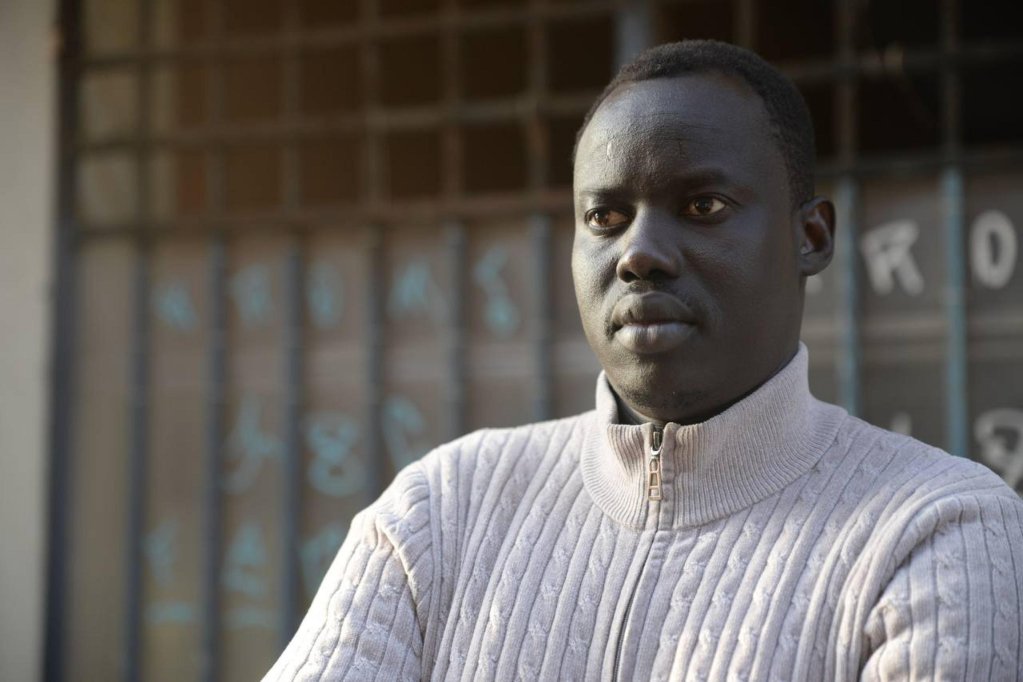A South Sudanese migrant has filed a criminal complaint against the Italian government, accusing top officials of helping a suspected Libyan war criminal escape justice. The complaint, submitted to the Rome prosecutor’s office, alleges that Prime Minister Giorgia Meloni, Justice Minister Carlo Nordio, and Interior Minister Matteo Piantedosi aided and abetted Libyan general Osama al-Masri, who is wanted by the International Criminal Court (ICC) for crimes against humanity.
The complainant, Lam Magok Biel Ruei, claims he was a victim and witness to the abuses allegedly committed by al-Masri, including mistreatment of migrants in Libya. He argues that by deporting the suspect back to Libya, Italian officials prevented a fair trial and denied justice to victims like himself. “The Italian government has made me a victim for a second time,” he said. His legal action is supported by Baobab Experience, a migrant rights organization.
Al-Masri, who was arrested in Turin in January, was quickly sent back to Libya on an Italian government flight, despite an ICC warrant for his arrest. He is accused of running detention centers in Libya where migrants were subjected to torture, abuse, and extortion. Reports suggest that Italy was aware of the ICC arrest warrant but chose to deport him instead of handing him over to international authorities.
Critics say Italy’s actions were influenced by its ongoing cooperation with Libya to curb illegal migration. Italy has played a leading role in EU-Libya migration agreements, which involve providing aid to Libya’s coast guard in exchange for efforts to stop migrant crossings. Some believe that al-Masri was a key figure in these operations, making his deportation politically motivated.
The legal challenge could have significant consequences for the Italian government, as it raises questions about Italy’s commitment to international justice and human rights. Prosecutors in Rome and Perugia are now reviewing the complaints, which could lead to further legal action. Meanwhile, the ICC has requested clarification from Italy regarding al-Masri’s release.
The controversy continues to fuel debate over Italy’s migration policies and its handling of international legal obligations. Government officials, however, defend their decision, insisting that al-Masri’s deportation was based on legal technicalities rather than political pressure.

